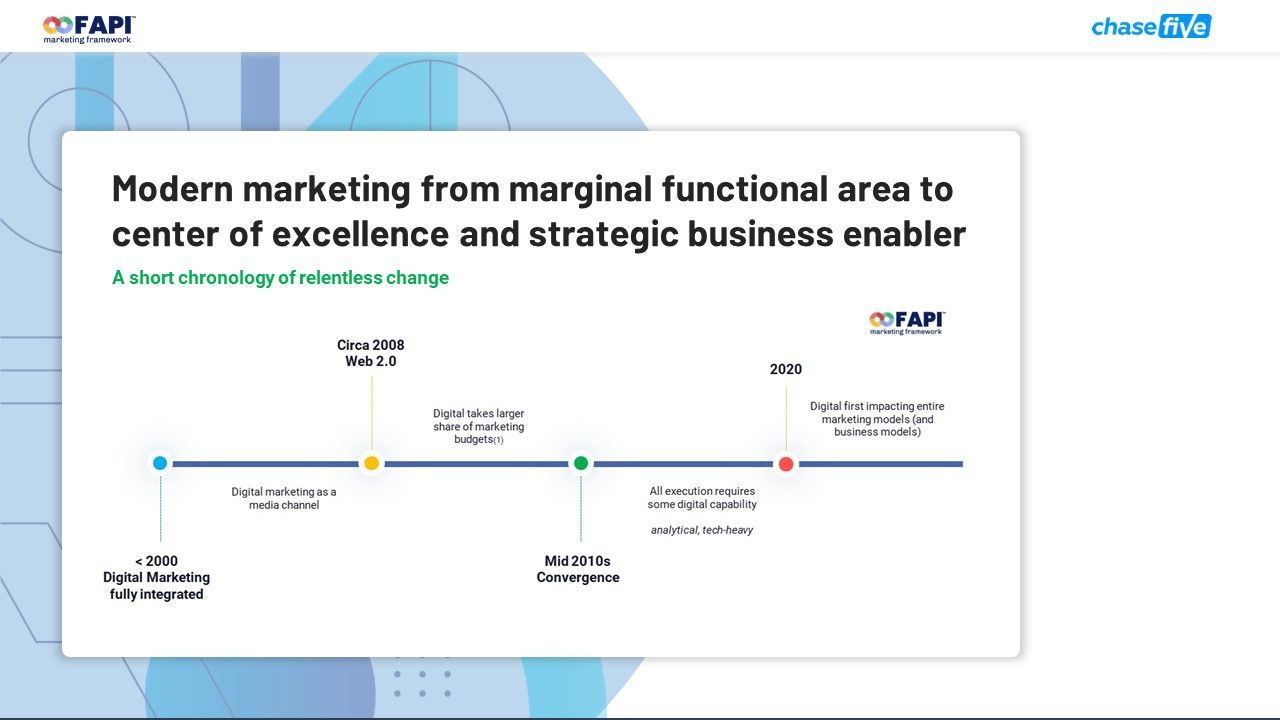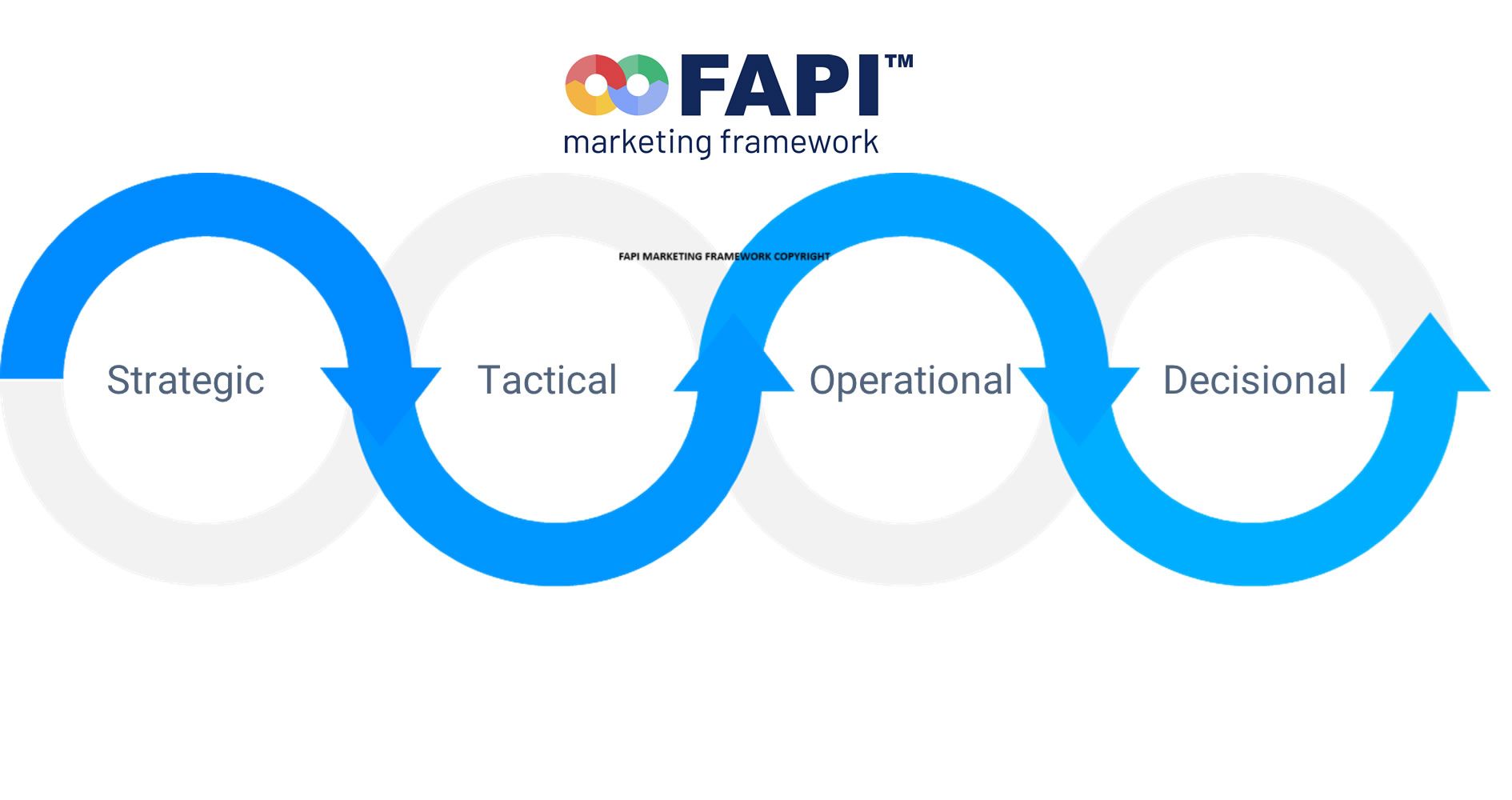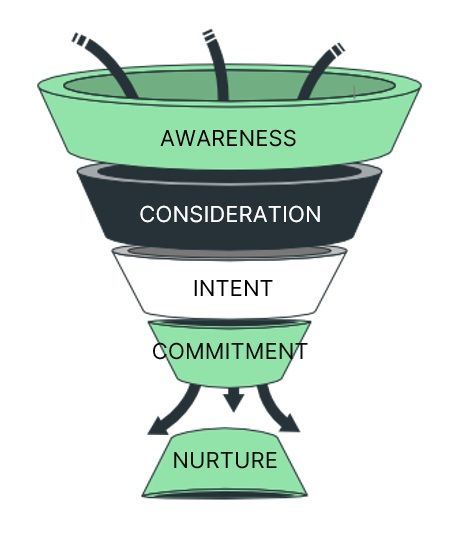Marketing and its discontents: the challenges of achieving and communicating ROI
The Need for Formal Marketing Planning Methodologies

Marketing planning and management have become increasingly complex in the modern business environment. The inability of organizations to execute their strategies successfully is a cause for concern, with the statistics painting a grim picture. According to data published in The Balanced Scorecard by David Norton and Robert Kaplan, ninety percent of organizations need to execute their strategies successfully, including marketing plans. Additionally, a well-known study published by the online marketing publication Search Engine Journal revealed that fifty percent of small businesses still need to attempt to create a marketing plan. These statistics indicate a need for more confidence in formal marketing planning methodologies and in the ability of the business to implement the actions of a plan.
Marketing planning and management involve controlling the entire marketing organization environment, from planning to execution, management, and analysis. It is a mission that spans multiple and diverse disciplines, and the breadth of knowledge that the marketing manager needs to grasp is not for the faint-hearted. For example, the marketing manager must master concepts of consumer psychology, budget management and financial planning, technical channels and software implementation know-how, people management and team building, legal and consumer regulations, advanced project management techniques, and understanding of visual and written communication best practice techniques, and more.
The Complexity of Marketing Planning and Management
With such a diverse range of disciplines involved, it is no wonder that marketing planning and management can be a highly volatile project. A series of planning calculations and decisions depend on the interaction of internal and external factors that are often outside the control of the business and not easily predictable. Therefore, it is essential to have a framework that can help rationalize the marketing planning process.
At the heart of marketing planning and management is creating and executing a marketing plan successfully. The two aspects, plan and execution, are linked – one cannot succeed without the other. A marketing plan is a comprehensive document that outlines the business's overall marketing strategy, including its goals, target market, competitive analysis, tactics, and budget. In addition, it provides a roadmap for the marketing team to follow, ensuring that everyone is working towards the same objectives.
The Link Between Plan and Execution in Marketing
The first step in creating a marketing plan is to define the business's goals. These goals should be specific, measurable, achievable, relevant, and time-bound (SMART). They should also align with the organization's overall mission and objectives. The next step is to identify the target market. The target market is the group of people that the business is trying to reach with its marketing efforts. Finally, the marketing team should research to understand the target market's needs, preferences, and behaviors.
The third step is to conduct a competitive analysis. The marketing team should identify the business's key competitors and analyze their strengths, weaknesses, opportunities, and threats (SWOT). This analysis will help the marketing team identify gaps in the market that the business can exploit.
The fourth step is to develop marketing tactics. Marketing tactics are the specific actions that the marketing team will take to achieve the business's marketing goals. These tactics can include advertising, promotions, public relations, events, social media, content marketing, and more.
The final step is to develop a budget. The budget should include all the costs associated with the marketing plan, including salaries, advertising expenses, promotional expenses, and more. The budget should be realistic and align with the organization's financial resources.
Once the marketing plan is created, the marketing team must execute it successfully. Execution involves implementing the tactics outlined in the marketing plan and monitoring their effectiveness. The marketing team should use metrics to measure the success of each tactic and adjust the plan as needed.
Execution of the Marketing Plan and Metrics for Success
In conclusion, marketing planning and management have become increasingly complex in the modern business environment. The inability of organizations to execute their strategies successfully is a cause for concern. A marketing plan is a comprehensive document that outlines the business's overall marketing strategy, including its goals, target market, competitive analysis, tactics, and budget.







